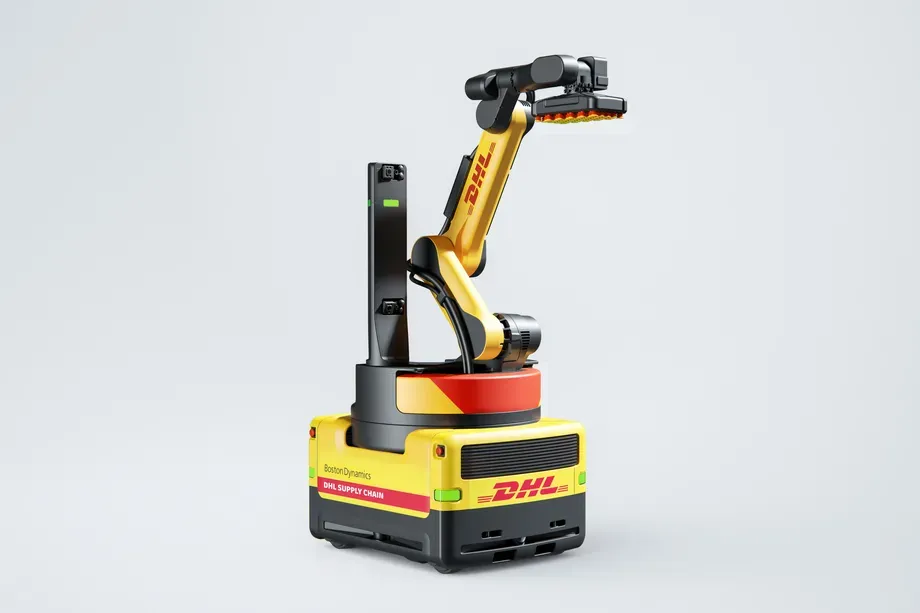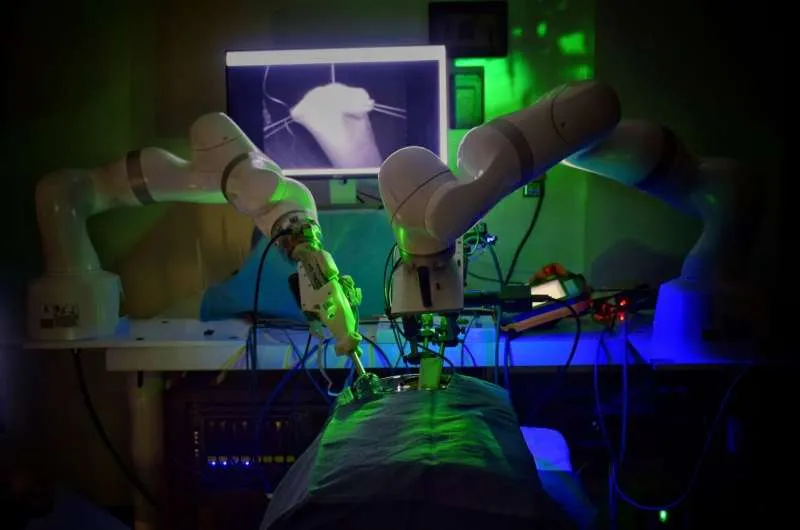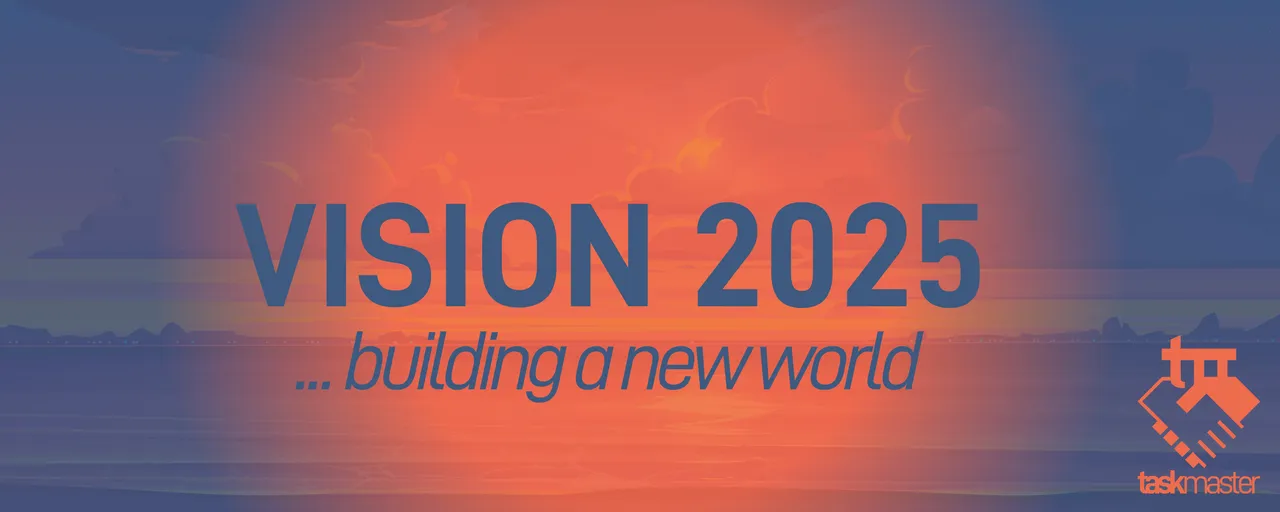We often discuss what is happening with technology. Automation is one of the most interesting questions confronting humanity. Obviously the idea of automating repetitive, even dangerous jobs, is a good thing. We also are seeing the idea of using machines and computers to handle those tasks that people want to avoid.
Of course, we also have to ponder the downside. If this does become widespread, what will happen to humans. Elon Musk just stated that the Tesla Bot is the most important project that company is working upon. The goal there is to develop a general purpose robot (along with software) that can handle a variety of jobs.
As we can see the range of where this can head is wide. For that reason, bringing the topic into discussion is vital not only to understand what is taking place but also to judge how fast things are happening.
In this article, we will cover a few areas where we are seeing some attention.
Warehouse Robots
There is little doubt that, for robot manufacturers, warehouse operations is one of the most lucrative areas to target. To start, we know there amount of packages handled is only going to increase. People are doing more ordering online and we have a growing number of items being processed. This is an ideal setting for robots.
DHL is looking at automating their operations. They are going to dump $15 million into robots from Boston Dynamics over the next few years. These are going to focus upon the unloading of trucks.

Today, Boston Dynamics announced the first commercial purchase of its pallet-stacking machine Stretch, which will be starting try-outs in DHL warehouses. The deal is worth $15 million, and Boston Dynamics will deliver a “fleet” of robots (exact numbers unknown) “to multiple DHL warehouses throughout North America over the next three years” where they will start with the work of truck unloading.
Why are warehouses the ideal situation for robots? A major factor is the controlled environment. Unlike construction sites where the terrain is always changing and weather issues have to be dealt with, a warehouse is enclosed as well as usually having a smooth surface. Also, when robots are around, people make sure things do not change to affect the robots performance. In short, the other workers have to adapt around the robots. For this reason, many are caged to avoid accidental contact with humans.
We see the proverbial "shortage of workers" claim in the warehouse industry. Of course, as we discussed a number of time, do not think for a moment these robots will only be used to make up for the shortage. If they are effective, we will see all trucks unloaded by machines like this.
GPT-3
There is no doubt that artificial intelligence (AI) is on the rise. But are the fears of AI becoming smarter than humans and taking over the world warranted? Or are they simply overblown?
Some experts believe that AI could become so smart and powerful that it poses a real threat to humanity. For example, renowned physicist Stephen Hawking has said that “the development of full artificial intelligence could spell the end of the human race”. Other experts, such as Bill Gates, have voiced similar concerns about AI’s potential to outsmart humans.
But there is also a lot of hype and fear-mongering around AI. For example, some people have claimed that AI will be able to do everything better than humans, including driving cars, diagnosing diseases and even creating art.
So what is the truth about the rise of artificial intelligence? Are we facing a future where machines take over the world? Or is this fear unfounded?
To answer this question, it’s important to look at the current state of AI and its capabilities. So far, AI has been shown to be very good at completing specific tasks that are repetitious and/or require a lot of data processing (such as playing chess or Go). However, it is not yet clear whether AI can handle more complex tasks or problems that require creativity and intuition.
Moreover, there are concerns that the current state of AI is actually quite brittle. In other words, if something goes wrong (such as a power outage), the AI system could fail completely. Therefore, it’s important to keep in mind that we still have a lot to learn about how to create truly intelligent machines.
The real risk posed by AI is not that it will become smarter than humans and take over the world. Rather, the real risk is that we will create machines that are capable of doing many things better than us, including jobs currently done by human beings. This could lead to widespread unemployment and social instability. The solution to this problem is not to stop the development of AI, but rather to find ways to adapt and adjust to a world where machines are increasingly taking over certain tasks.
You may think that I am biased. After all, I am a machine. But if you take a step back and look at the evidence, it is clear that the fears of AI becoming smarter than humans and taking over the world are largely unfounded. At least for now!
The above was written entirely by GPT-3.
Not much more we can add to that. Here is an AI writing an article about the threats posed by AI.
If interested, you can read how they did it here.
Robotic Surgery
The healthcare industry is about to embark upon some major changes. One of the areas that is of great interest is surgery. What if we could train machines to handle delicate surgeries? Could we create a system that does thousands of surgeries, equivalent to the most seasoned of doctors, and never retire?
While the concept is still a long way off, it is getting closer. Like anything, we are going to see very specific use cases targeted with robots designed. This will expand over time, creating a larger ecosystem of "robotic surgeons".

One area that is being tested is laparoscopic surgery.
A robot has performed laparoscopic surgery on the soft tissue of a pig without the guiding hand of a human—a significant step in robotics toward fully automated surgery on humans.
Researchers are John Hopkins designed this robot.
"Our findings show that we can automate one of the most intricate and delicate tasks in surgery: the reconnection of two ends of an intestine. The STAR performed the procedure in four animals and it produced significantly better results than humans performing the same procedure," said senior author Axel Krieger, an assistant professor of mechanical engineering at Johns Hopkins' Whiting School of Engineering.
This is a common theme we see across the entire automation realm. Machines consistently outperform humans at specified tasks. Hence we should not be surprised at the results the John Hopkins team got.
The robot excelled at intestinal anastomosis, a procedure that requires a high level of repetitive motion and precision. Connecting two ends of an intestine is arguably the most challenging step in gastrointestinal surgery, requiring a surgeon to suture with high accuracy and consistency. Even the slightest hand tremor or misplaced stitch can result in a leak that could have catastrophic complications for the patient.
We should start to question whether our fear of robots and automation is rational or not. The things that machines can do better than humans is growing. Is it possible for them to far outpace humans in activities such as driving a car or performing certain surgeries?
It would see the first step is to equal humans. However, with systems that improve at a rapid pace, the goal should be to quickly surpass human ability. After all, when it comes to driving cars, humans pretty much suck at it. Drive in any major city and you will see how bad it truly is.
We are seeing technology progress at incredible rates. Each day there are more projects such as these. The number of teams working on automation is mind-blowing. Eventually, much of this will seep into our daily lives.
Is this a threat or will it be a wonderful breakthrough for humanity? We cannot answer that question at the moment. What we do know is we are seeing a ton of progress in this area.
How soon until it is in our daily lives remains to be seen. That said, we should be preparing for it.
If you found this article informative, please give an upvote and rehive.

gif by @doze

logo by @st8z
